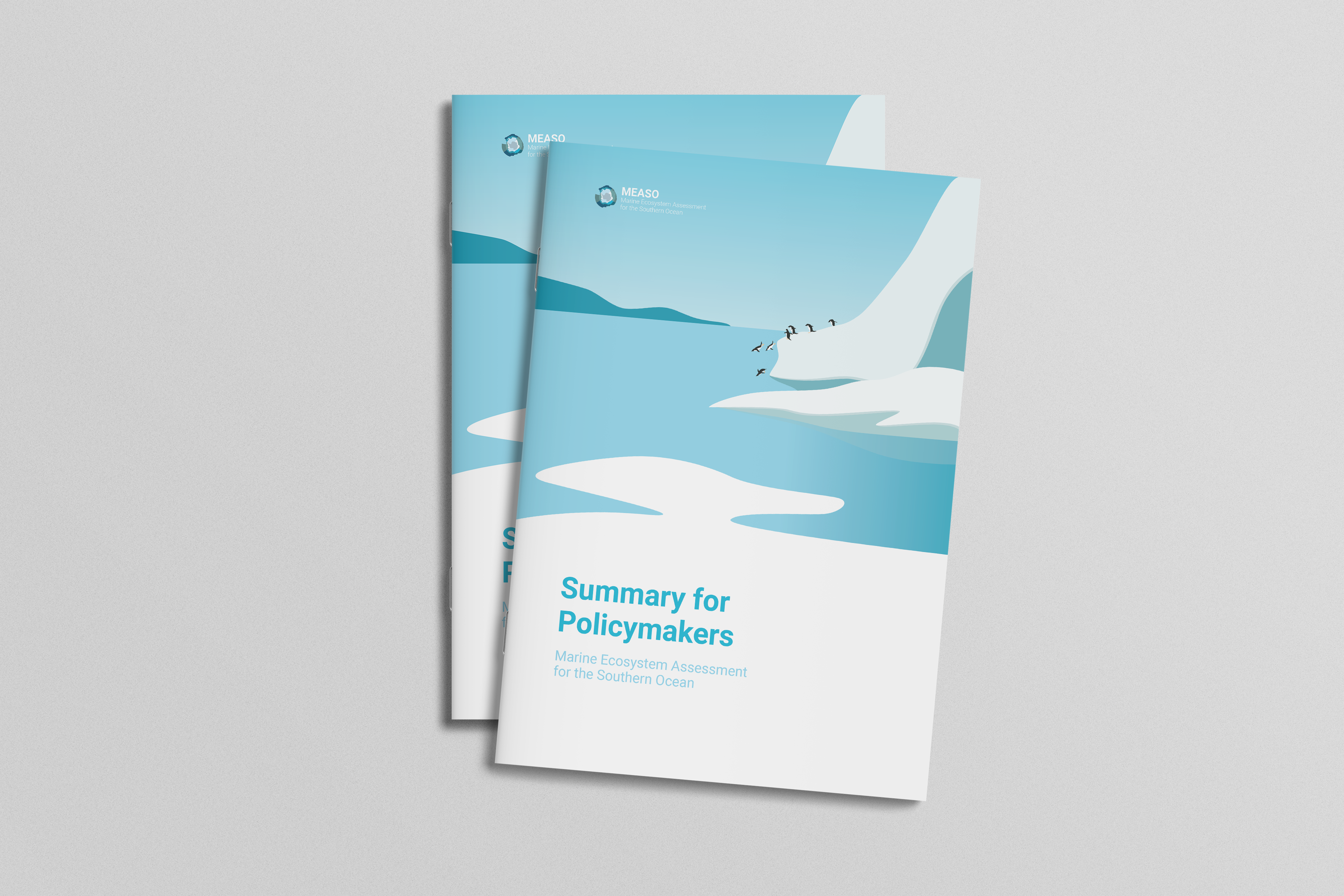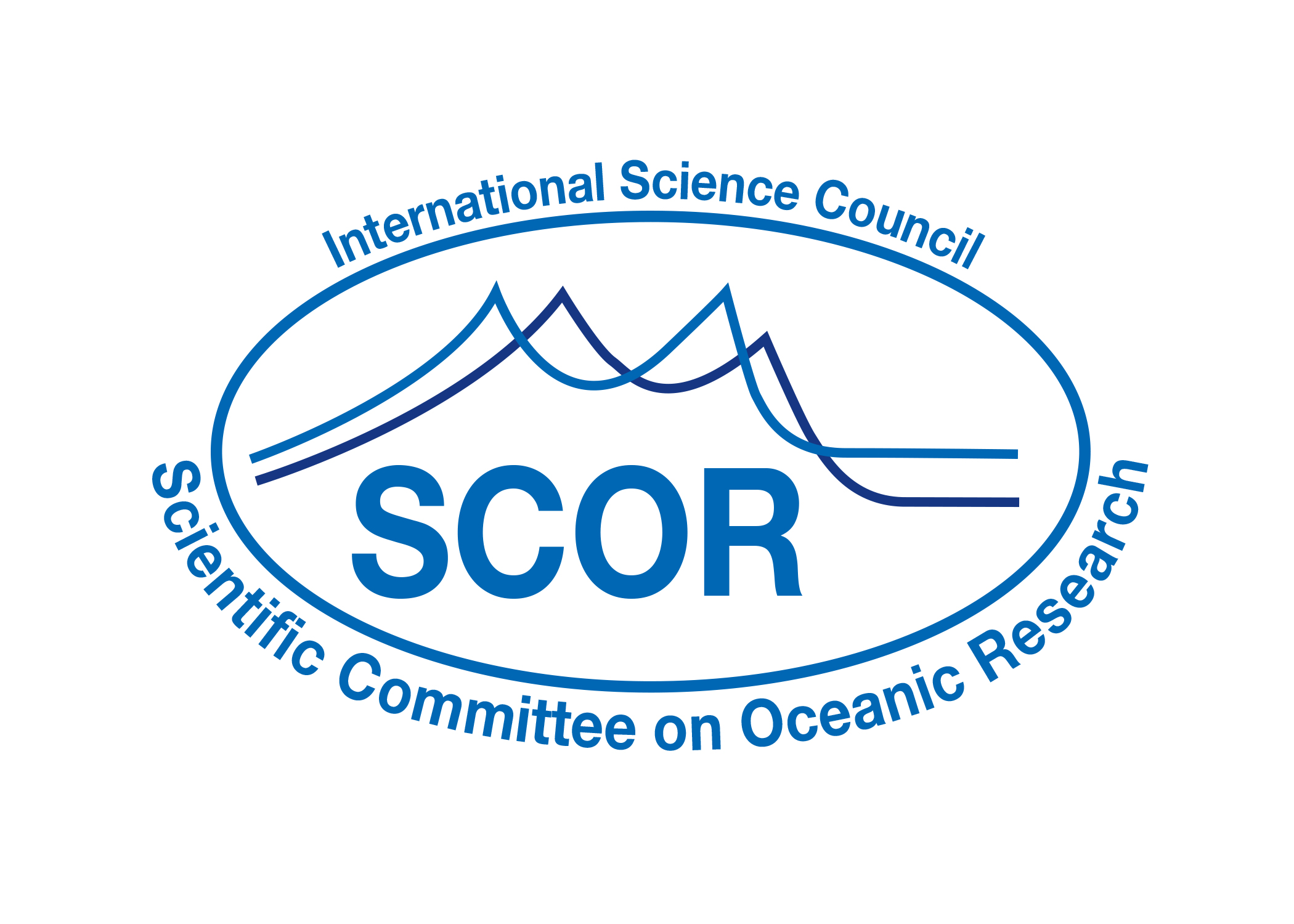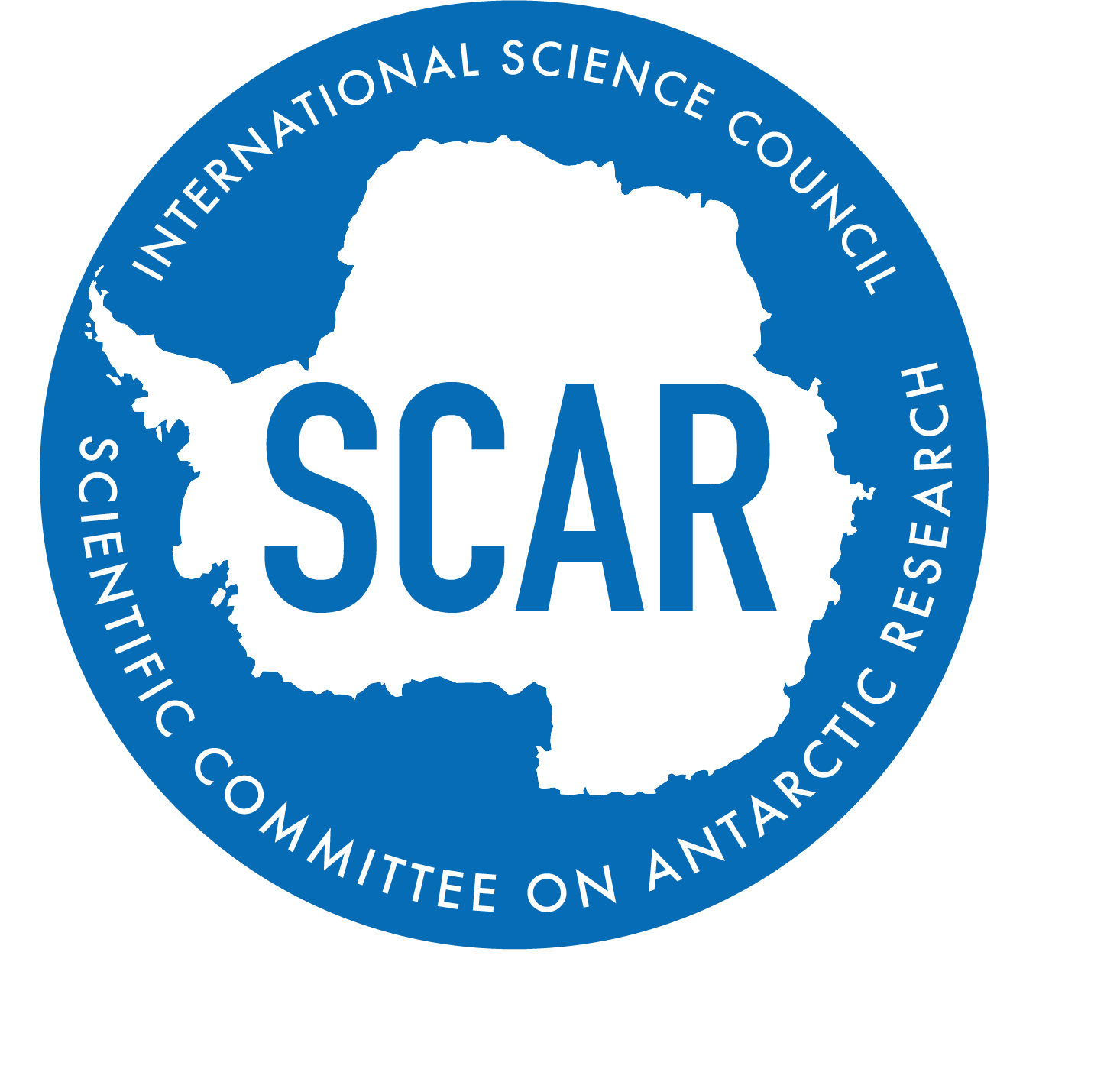Marine Ecosystem Assessment for the Southern Ocean (MEASO)


MEASO, the Marine Ecosystem Assessment for the Southern Ocean, is a pioneering and collaborative initiative launched in 2018. It involves more than 200 scientists from 19 countries, with diverse representation, striving to comprehensively evaluate the status and changes in Southern Ocean ecosystems and the underlying factors driving these transformations. 24 research articles were published in a special research topic in the journal 'Frontiers in Ecology and Evolution'. MEASO is a key component of the Integrating Climate and Ecosystem Dynamics in the Southern Ocean (ICED) program, which falls under the umbrella of Integrated Marine Biosphere Research (IMBeR), jointly operated by the Scientific Committee on Oceanic Research (SCOR) and Future Earth. Furthermore, it enjoys the support of the Scientific Committee on Antarctic Research (SCAR) and the Southern Ocean Observing System (SOOS). The MEASO initiative serves as a valuable resource for policymakers, scientists, and the general public interested in the Southern Ocean's ecological well-being and its ever-changing dynamics.
MEASO Summary for Policymakers 2023
The five-year MEASO process was designed following a blueprint similar to that of an Intergovernmental Panel on Climate Change (IPCC) working group. MEASO serves as a Southern Ocean equivalent of an IPCC report, offering a simplified and concise summary of scientific findings to educate global policymakers. The 2023 report's release was timed to align with the international CCAMLR meeting in Hobart.
Citation:
Constable, A.J., J. Melbourne-Thomas, M.M.C. Muelbert, S. McCormack, M. Brasier, J.A. Caccavo, R.D. Cavanagh, S.M. Grant, H.J. Griffiths, J. Gutt, S.F. Henley, J. Höfer, A.B. Hollowed, N.M. Johnston, S.A. Morley, E.J. Murphy, M.H. Pinkerton, I.R. Schloss, K.M. Swadling, A.P. Van de Putte (2023) Marine Ecosystem Assessment for the Southern Ocean: Summary for Policymakers. Integrated Climate and Ecosystem Dynamics in the Southern Ocean, Scientific Committee on Antarctic Research, Scientific Committee on Oceanic Research, Integrated Marine Biosphere Research, doi: 10.5281/zenodo.8359585











